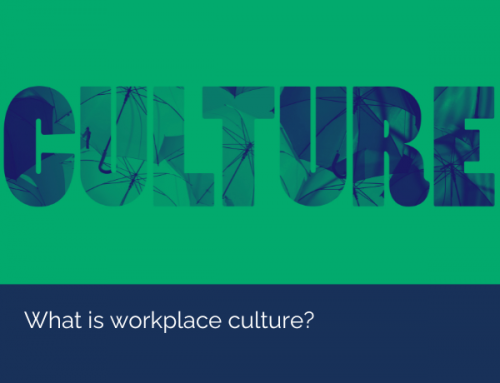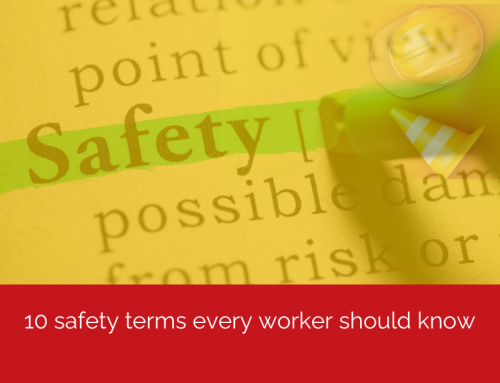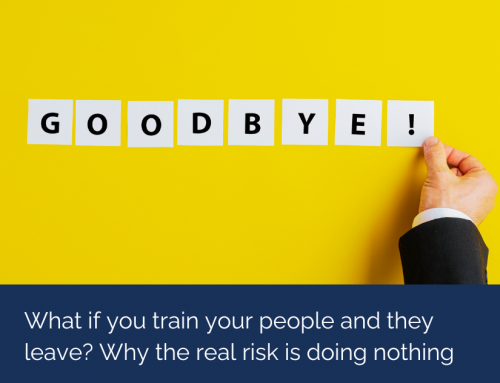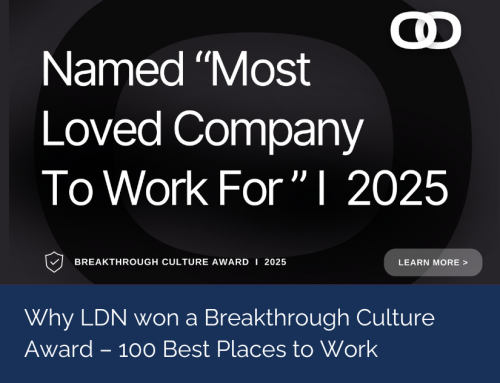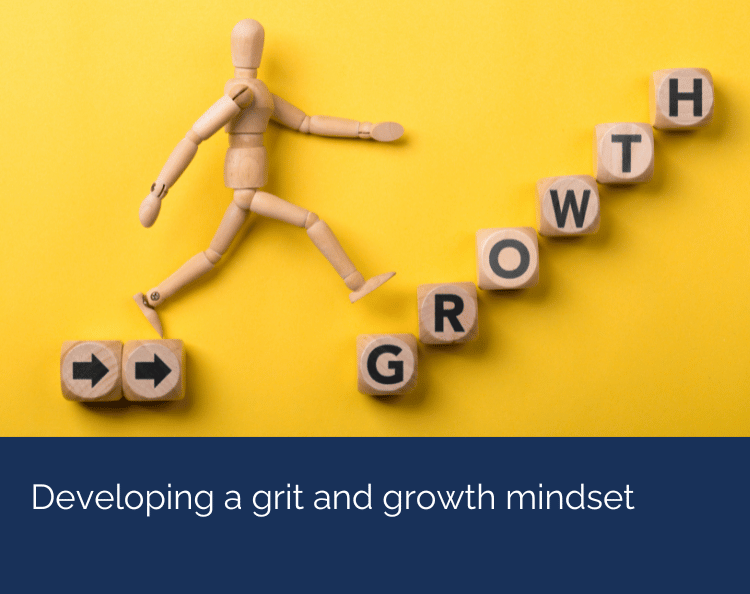
Discover why developing grit and a growth mindset can drive personal success and help you achieve your long-term career goals.
In the workplace, as in life, success often hinges on more than just the ability to learn quickly and easily. Psychologist, Angela Lee Duckworth’s concept of grit, outlined in her TED Talk, “Grit: The Power of Passion and Perseverance,” highlights how grit—defined as sustained passion and perseverance—is a better predictor of success than IQ. While her video focuses on school students, these ideas are equally relevant for workers seeking to thrive in their professional careers.
What is grit?
Grit is about having the stamina and passion to pursue long-term goals with dedication and resilience. In the workplace, this translates to staying committed to your objectives, working diligently through challenges, and maintaining a consistent effort over time. Employees with grit are more likely to tackle difficult projects, push through obstacles, and achieve significant milestones. This quality is vital for career advancement and personal development.
Growth mindset: The foundation of grit
A related concept, developed by psychologist Carol Dweck at Stanford University, is the growth mindset. This is the belief that abilities and intelligence can be developed through effort, learning, and persistence. In contrast to a fixed mindset, where people believe their abilities are static, a growth mindset fosters resilience and a willingness to embrace challenges.
Dr. Dweck’s research shows that when individuals understand that their brains can grow and change in response to effort and learning, they are more likely to persevere in the face of setbacks. They view failure not as a permanent condition but as an opportunity to learn and improve. This perspective is transformative for workers facing the inevitable challenges and failures that occur in any career.
Applying these concepts
Employees who believe in their ability to grow and improve are more likely to take on challenging tasks, excel, and handle setbacks better, viewing them as temporary and surmountable opportunities to learn and grow. Persistent effort and the ability to learn from failures are crucial for career advancement, helping individuals achieve their long-term goals.
Organisations can support the development of grit and a growth mindset by:
- Encouraging continuous learning that provides opportunities for professional development and learning new skills.
- Celebrating effort and persistence, recognising and rewarding not just achievements but the effort and perseverance behind them.
- Creating a supportive environment that encourages risk-taking and views failures as learning opportunities.
By embracing these concepts, employees can enhance their performance, build resilience, and achieve long-term success. As Duckworth and Dweck have shown, it’s not just about how quickly you learn but how passionately and persistently you pursue your goals that makes the difference.

